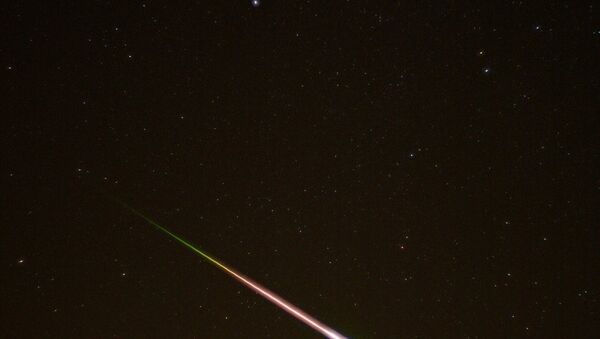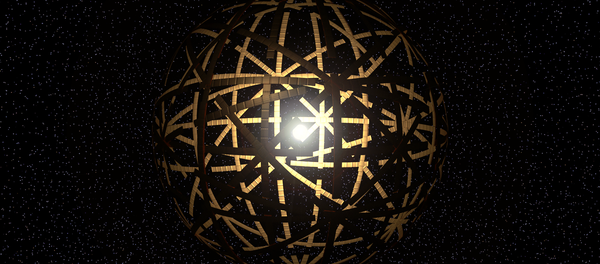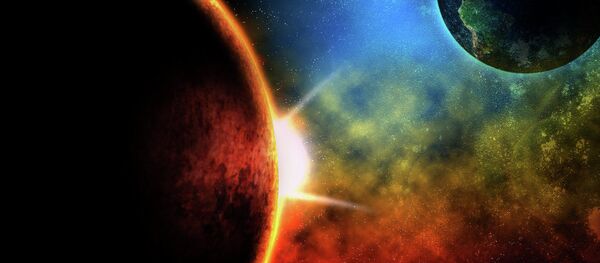On February 6th, the sky lit up like Fourth of July as an asteroid battered our atmosphere like a piñata at an eight year-old’s birthday party. But, like the tree that falls in the woods, a nuclear bomb scale asteroid explosion 30km above the Atlantic Ocean was seen by nobody. In fact, we could be making the whole thing up. But we’re not. In fact, this was the biggest cosmological impact since the Chelyabinsk asteroid strike two years ago.
In February 2013, the Russian city of Chelyabinsk was the site of a cosmic explosion that lit fire to the apocalyptic imaginations of the world’s masses. The 2013 fireball exploded over the Russian city with the force of 45,000 tonnes of TNT according to US astronomer Phil Plait. The Chelyabinsk fireball struck the atmosphere with such force as to shatter windows throughout the city and injure 1000 people.
The fireball of February 6, by contrast, went completely undetected by NASA’s Near-Earth Object team. NASA became aware of the incident upon reports by the US military. Details from the US military regarding the incident or the circumstances of the cosmological observation remain scarce out of concerns of secrecy.
Could the Fireball Really Be a Missile Strike From Vengeful Space Aliens Seeking to Invade? No.
Interestingly, the fireball struck on cue with the release of the trailer for Independence Day: Resurgence, the sequel to the 90s cult classic featuring Will Smith and Jeff Goldblum fighting against a rampant alien invasion that left the world devastated. Clearly these incidents are related, but actually no they aren’t. US military officials, rather, deem the countervailing considerations of documenting human scientific record as subsidiary to their imperative for intergalactic domination.
The US position led world scientists to collectively groan that “if we want to get something done for science, we have to do it ourselves.” Phil Blait notes that while “the desire for the US military to keep their technology and capabilities secret is understandable, it would be nice scientifically to have this data available.”
Unfortunately for Bruce Willis’ teetering acting career, NASA and other leading astronomical services only detect about 10 percent of all asteroids 140 meters and larger. He will likely never get the call to save all of humanity until it is much too late. NASA seeks to allay these concerns by noting that “All known Potentially Hazardous Asteroids have less than a 0.01 percent chance of impacting Earth in the next 100 years.” The rest of humanity will continue to irrationally fear the imminent and certain doom that the other 90% of unknown Potentially Hazardous Asteroids pose for the survival of our species.







